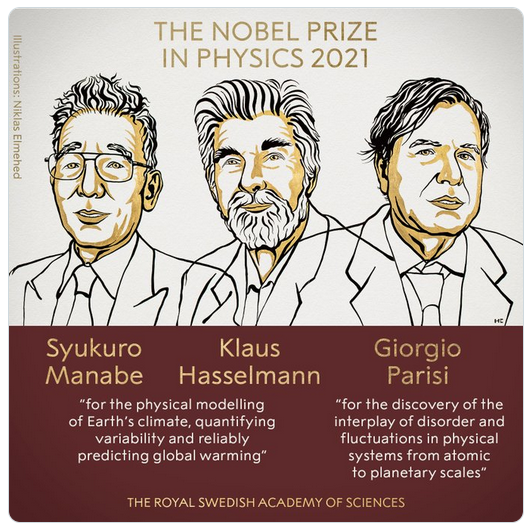The answer to that is, of course, it would be helpful if they tracked global temperature changes that have actually occurred and matched them against the computer models. If they did that then Manabe and Hasselmenn would be up for Ig Nobel awards.
These climate models led to the Intergovernmental Panel on Climate Change predicting in 1992 (Climate Change: The IPCC 1990 and 1992 Assessments) that global temperatures would increase by 0.3°C a decade. That was 30 years ago (three decades) so if the models were correct we should have had about an extra degree of warming since then.
According to the latest report by IPCC "observed global mean surface temperature (GMST) for the decade 2006-2015 was 0.87°C (likely between 0.75°C and 0.99°C) higher than the average over the 1850-1900 period (very high confidence). " The report was released this summer but for reasons best known to itself IPCC chose to use out of date data.
Yet in 1988 when IPCC was producing its first report it was then talking about a one degree rise in temperature since the 1850-1900 period.
See a history of environmental science.
Posted by Jonathan Brind

From the Twitter announcement of the Nobel Awards.